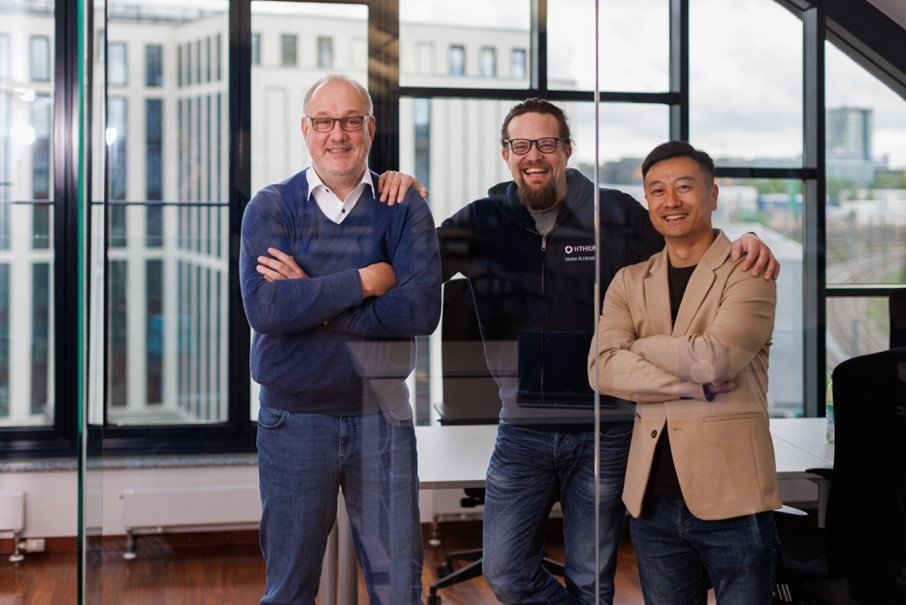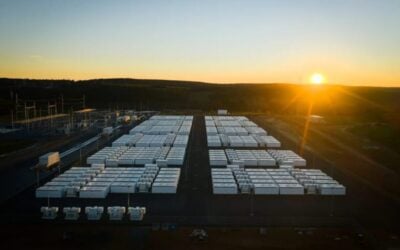
China-based, energy storage-focused lithium-ion battery manufacturer Hithium has raised US$621 million from private investors in a Series C.
The company said it has raised more than 4.5 billion Yuan (US$622 million) on Wednesday (5 July), and that the funds would go towards capacity expansion, equipment purchases and R&D.
Hithium is a lithium-ion battery manufacturer which produces cells for the battery energy storage system (BESS) sector, whereas most manufacturers primarily cater the comparatively larger EV market.
Participants in the capital raise was led by the private equity investment arm of state-owned China Life Insurance and Beijing Financial Street (BFS) Capital, also a state-backed vehicle. Other participating investors were BOC Financial Asset Investment, Goldstone Investment, CS Capital, China Venture Capital Fund (CVC), CICC Capital, CDH Investments, and China-U.S. Green Fund.
Try Premium for just $1
- Full premium access for the first month at only $1
- Converts to an annual rate after 30 days unless cancelled
- Cancel anytime during the trial period
Premium Benefits
- Expert industry analysis and interviews
- Digital access to PV Tech Power journal
- Exclusive event discounts
Or get the full Premium subscription right away
Or continue reading this article for free
CDI New Energy Investment (Shenzhen) and Hefei Innovation Scitech Venture Capital also took part, while existing shareholders Hainan Fenghe Private Equity Management, Matrix, ABC International, and ZBGT put funds in too.
The firm says it has a leading position in the Chinese BESS market and plans to expand its manufacturing capacity from 70GWh at the end of this year to 135GWh by 2025, it recently wrote on our site announcing a push into the European market.
Energy-Storage.news’ publisher Solar Media will host the 1st Energy Storage Summit Asia, 11-12 July 2023 in Singapore. The event will help give clarity on this nascent, yet quickly growing market, bringing together a community of credible independent generators, policymakers, banks, funds, off-takers and technology providers. For more information, go to the website.





